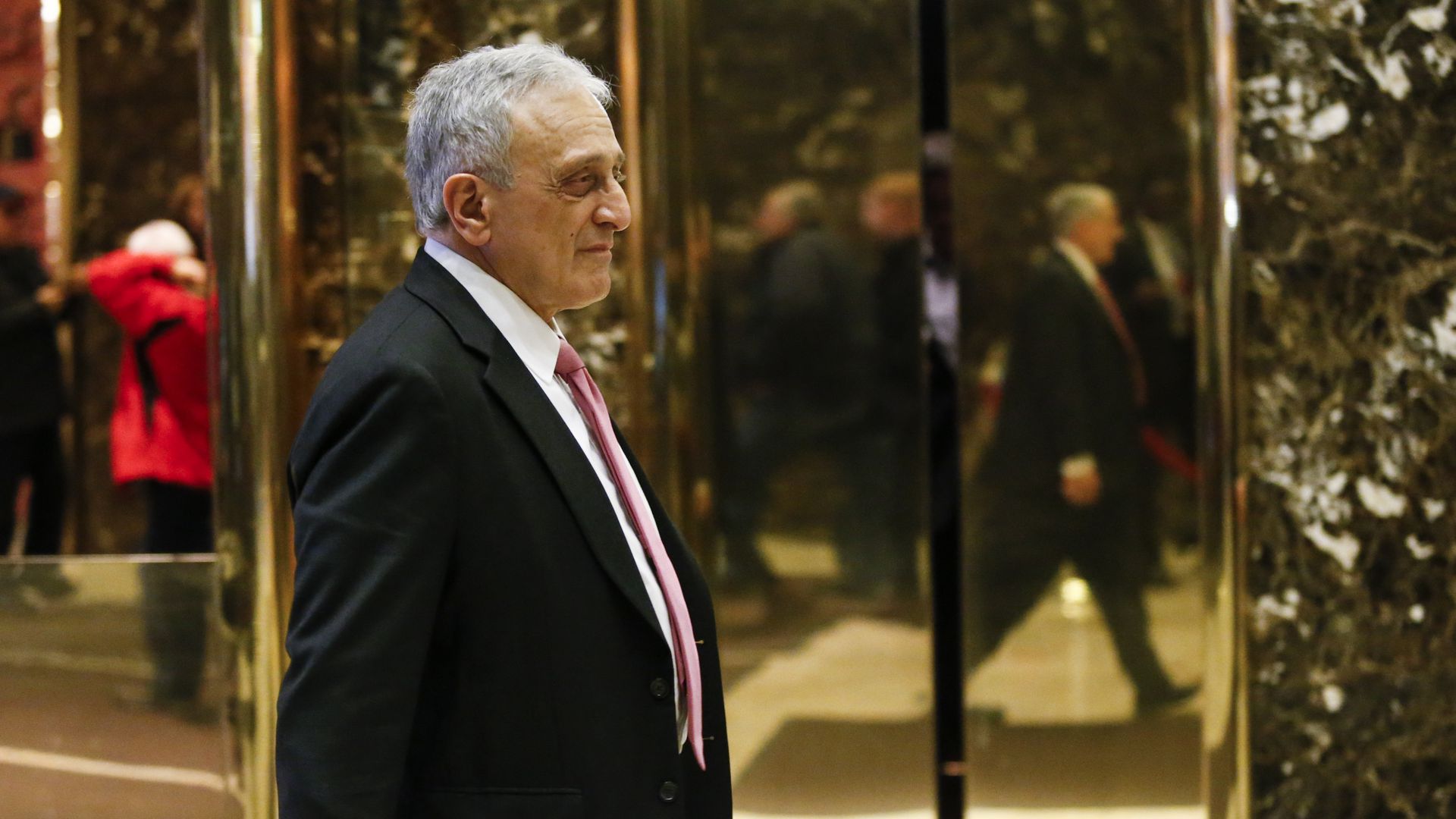Far-right, controversial candidates create new headaches for Kevin McCarthy
Far-right candidates are surging in House races across the map: Republican leaders increasingly fear that a red wave will wash in a raft of conspiracy theorists and extremists.
Why it matters: The establishment grows ever weaker. House Minority Leader Kevin McCarthy — on the doorstep of the speaker’s office — can expect to be saddled with new members who have zero loyalty or predictability.
What’s happening: Many of the GOP candidates expected to cause leadership headaches are backed by former President Trump, whose grip on McCarthy is as strong as ever.
- They play well with Trump’s MAGA base and are running in incredibly conservative districts.
- Several, like Loren Culp and Joe Kent in Washington, have made no secret of their disdain for McCarthy and GOP leadership overall.
What we’re hearing: In cycles past, leadership has attempted to get involved in some races to stiff-arm candidates they find problematic.
- But this time, House GOP leadership is highly sensitive to the political downsides of interfering: Republicans need these candidates to take back the majority and make McCarthy speaker.
- McCarthy has been careful not to alienate them, hoping his hands-off approach will help earn their trust and foster goodwill down the line.
Yes, but: Once in office, it will be hard for McCarthy to control his far-right freshmen — just as he’s faced difficulty wrangling Reps. Marjorie Taylor Greene (R-Ga.), Paul Gosar (R-Ariz.), Lauren Boebert (R-Colo.) and Madison Cawthorn (R-N.C.), who see themselves as “untouchable.”
What to watch: The number of seats Republicans ultimately win in November will be crucial to this dynamic.
- That margin, in conjunction with the number of these controversial candidates who win in the general election, will determine how much influence they have over the Republican conference.
- Republicans already have a nightmarish job whipping votes for certain legislation because of the House Freedom Caucus — which is experiencing its own identity crisis over the increasing radicalization of its members.
- These new candidates could complicate that dynamic further.
What they’re saying: “If you look at our history with the Freedom Caucus, they don’t back down and don’t vote for things. So our margins will be really important,” a House GOP leadership aide told Axios.
- “Biden’s going to be president no matter what. … There are going to be times when we need to pass government funding, NDAA and so on,” the aide added. “Kevin’s going to be in the position of having to cut deals with Biden and that’s not going to go well with some of these people.”
- McCarthy’s office did not respond to requests for comment.
MAGA watchlist

A sampling of the controversial candidates flagged to Axios by Republican campaign arms and GOP strategists includes:
1. Carl Paladino (N.Y.-26): Backed by House GOP conference chair Elise Stefanik (R-N.Y.), Paladino’s history of controversy includes calling Adolf Hitler “the kind of leader we need” in 2021.
- In 2016, he inadvertently emailed a Buffalo newspaper racist and sexist comments about former first lady Michelle Obama.
2. Sandy Smith (N.C.-1): Smith, who won her May 17 primary, tweeted she was present for the “Save America” rally immediately prior to the Jan. 6 Capitol riot.
3. Loren Culp (Wash.-4): A former small-town police chief, Trump-endorsed Culp lost the 2020 Washington governor’s race to Democrat Jay Inslee but refused to concede.
- He called earlier this year for a Black man facing trial to be lynched and the jurors and judge to be executed in a firing squad.
- He has also “maintained associations with some controversial far-right organizations,” including a group that “has sent armed civilians to act as self-appointed, pro-law-enforcement ‘peacekeepers’ at protests against police brutality, according to AP.
4. Joe Kent (Wash.-3): The Trump-backed candidate has come under fire for claiming he worked with Nick Fuentes, who gained notoriety for participating in the “Unite the Right” rally in Charlottesville, Virginia, in 2017, on social media strategy.
Between the lines: Rather than taking a completely hands-off approach, McCarthy has openly embraced certain controversial candidates.
J.R. Majewski (Ohio-9), who has repeatedly promoted QAnon and attended the Jan. 6 rally in Washington, was named this month to the National Republican Congressional Committee’s “Young Gun” program.
- From July 2020 to January 2021, Majewski tweeted the QAnon hashtag #WWG1WGA — which stands for “Where we go one, we go all” — more than 50 times on his now-deleted personal Twitter account, according to CNN.
- Majewski has since tried to distance himself from QAnon and claims he never supported the conspiracy.
Mayra Flores (Texas-34), another candidate supported by Trump, was hosted by the House GOP at the Capitol after flipping the seat to replace departing Democratic Rep. Filemon Vela this month.
- Flores has repeatedly posted the #QAnon and #Q hashtags on Twitter, Instagram, and Facebook, according to a report by watchdog Media Matters, but now says she never supported the theory.


